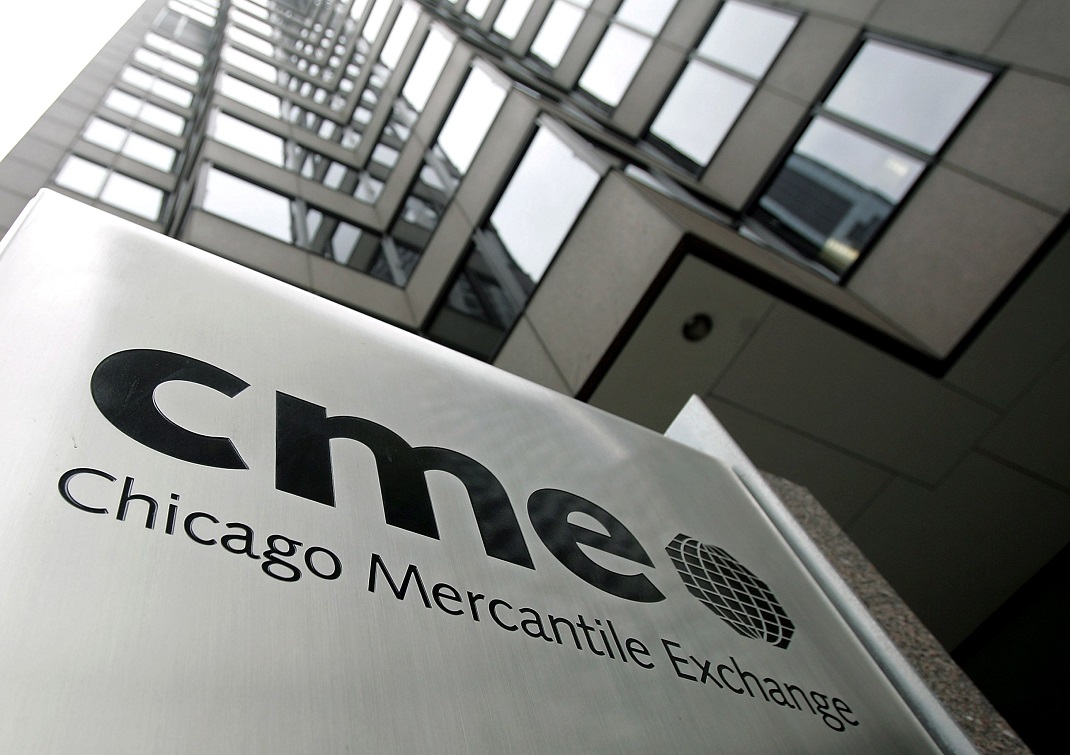Ethereum co-founder Vitalik Buterin has called on the crypto industry to mature, warning that decentralization must evolve from a buzzword into enforceable guarantees for users. Speaking at the Ethereum Community Conference in Cannes, Buterin said the industry stands at an inflection point and risks losing credibility if decentralization remains superficial.
Buterin emphasized the need for practical standards to ensure user safety and resilience, outlining three key tests for any crypto project: the “walk-away test” (can users retain control if the core team disappears?), the “insider attack test” (can rogue insiders compromise the system?), and the “trusted computing base test” (how much code must be trusted for safety?). He criticized many layer-2 networks and DeFi apps for hidden backdoors, insecure interfaces, and centralized upgrade mechanisms, which contradict the ideals of crypto.
Meanwhile, Bitcoin Layer-2 network Botanix launched its EVM-compatible mainnet, reducing block times to five seconds and enabling Ethereum-based apps on Bitcoin. Ripple also launched its EVM-compatible sidechain to the XRP Ledger, offering developers low-cost access to XRP’s infrastructure with Ethereum smart contract support.
In DeFi infrastructure, Securitize and RedStone released a whitepaper introducing the Trusted Single Source Oracle (TSSO), a secure method for verifying on-chain Net Asset Value (NAV) updates for tokenized private funds using digital signatures and chained hash records.
Elsewhere, Robinhood launched tokenized stock trading on Arbitrum and plans to release its own layer-2 blockchain, while Deutsche Bank prepares to launch a crypto custody service in partnership with Bitpanda. On the regulatory front, stablecoin legislation and crypto tax reform remain stalled in the U.S. Senate, and New York Attorney General Letitia James warned that current stablecoin proposals lack sufficient consumer protections.



























Comment 0